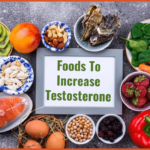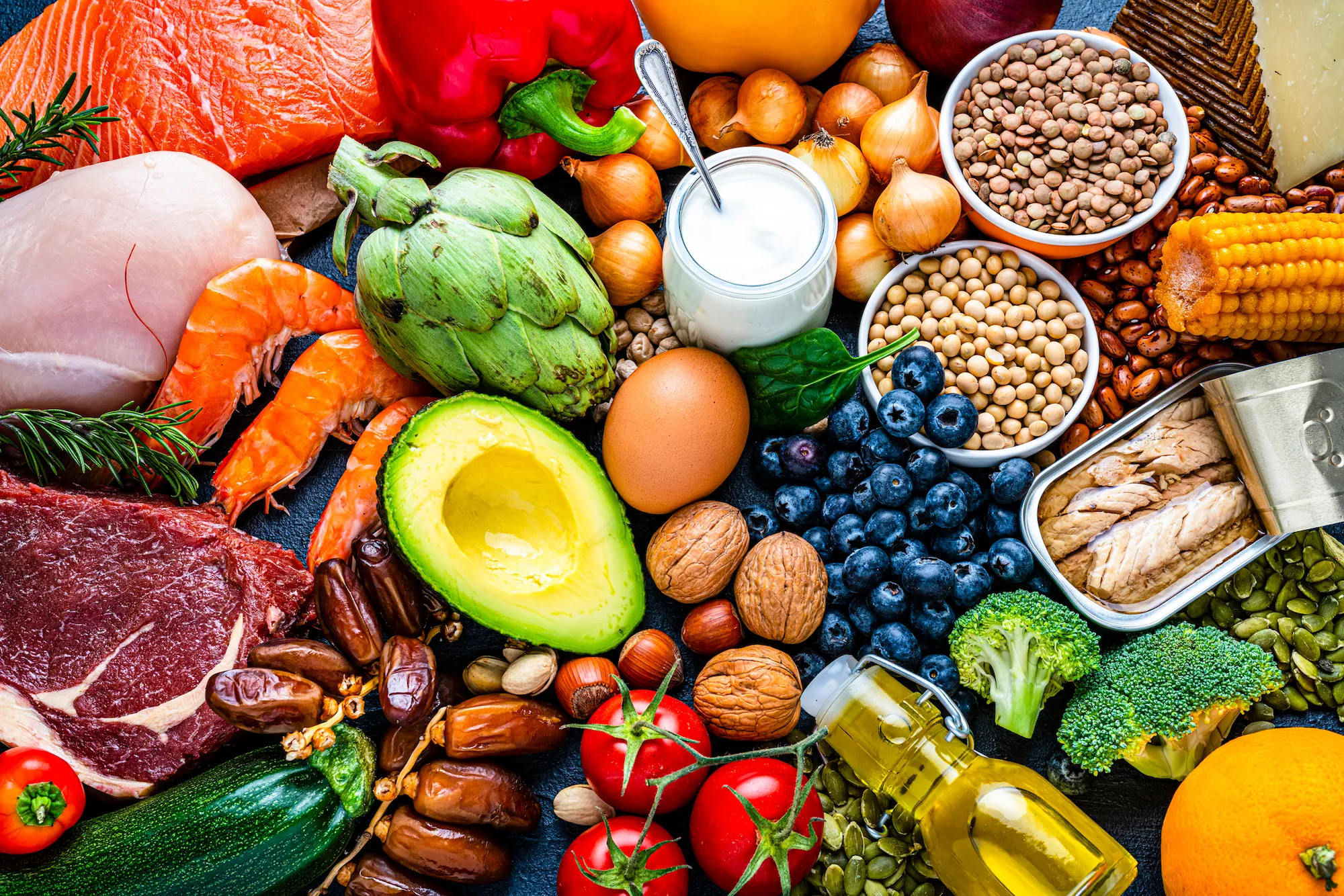A high-protein diet offers numerous benefits for overall health and well-being. Proteins are essential macronutrients that play a vital role in various body functions. Here are some specific benefits of a high-protein diet:
- Muscle growth and repair: Protein is crucial for building and repairing tissues, including muscles. Consuming an adequate amount of protein supports muscle growth and recovery, especially in combination with regular strength training or exercise.
- Weight management: Protein has a high thermic effect, meaning it requires more energy to digest, absorb, and process compared to fats and carbohydrates. This can contribute to increased calorie burning and can help with weight management by reducing appetite and promoting feelings of fullness.
- Increased satiety: Protein-rich foods tend to be more satisfying and can help prevent overeating. Including protein in your meals and snacks can keep you feeling fuller for longer periods and reduce the urge to snack on unhealthy foods.
- Improved bone health: Protein is one of the building blocks of bones. A high-protein diet can support bone health and help prevent age-related bone loss. Additionally, protein intake in combination with weight-bearing exercise is particularly beneficial for bone density.
- Enhanced metabolic function: Consuming enough protein can boost your metabolism, as protein requires more energy to digest and metabolize compared to fats and carbohydrates. This can contribute to increased calorie burning throughout the day.
- Blood sugar control: Protein helps regulate blood sugar levels by slowing down the absorption of glucose. This can be particularly beneficial for individuals with diabetes or those at risk of developing type 2 diabetes.
- Reduced cravings and snacking: Including protein in your meals and snacks can help stabilize blood sugar levels and curb cravings for sugary and unhealthy foods. This can be especially helpful for weight management and maintaining a healthy diet.
- Repair and maintenance of body tissues: Proteins are essential for the repair and maintenance of all body tissues, including skin, hair, nails, and organs. A high-protein diet can support the health and function of these tissues.
- Immune function: Proteins play a vital role in the production of antibodies and various immune cells, supporting a healthy immune system. Adequate protein intake is crucial for maintaining optimal immune function and overall health.
- Nutrient absorption: Protein helps with the absorption of important nutrients like vitamins and minerals. Including enough protein in your diet ensures that your body can effectively absorb and utilize these essential nutrients.
It’s important to note that the desired protein intake can vary based on factors such as age, sex, activity level, and goals. Consulting with a healthcare professional or registered dietitian is recommended to determine personalized protein needs and ensure a high-protein diet is appropriate for your individual circumstances.











